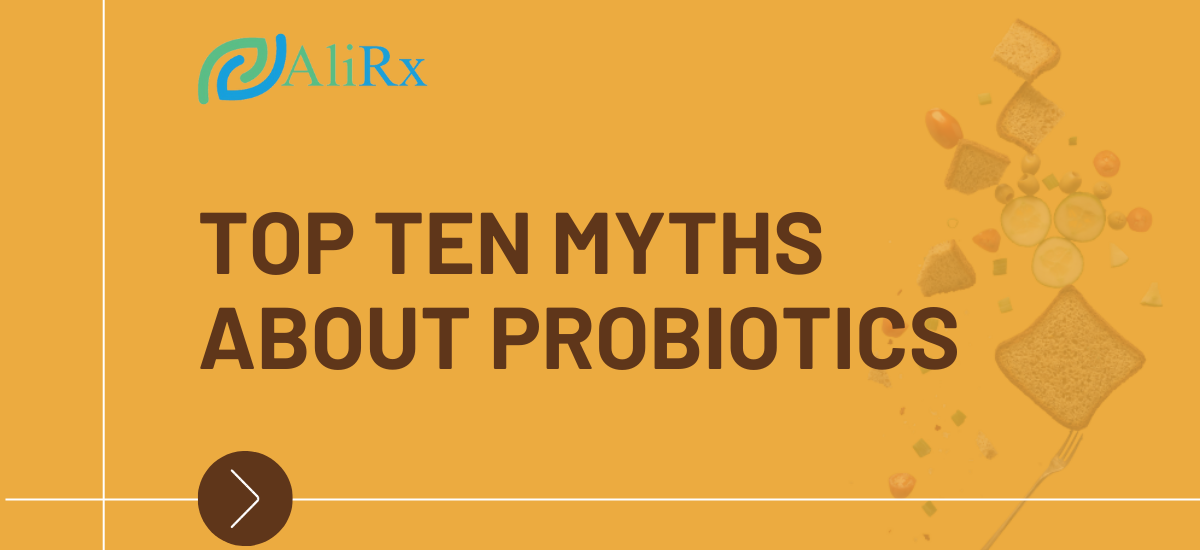Probiotics are becoming increasingly popular in today’s health world, but there’s still a lot of confusion about what they are and how they work.
We’ll cover the most common misconceptions about probiotics, explain the science behind them, and provide you with tips and tricks to make sure you’re getting the most out of them. Get ready to learn the truth about probiotics!
- All probiotics are the same: There are many different strains of probiotics, each with their own specific health benefits.
- Probiotics are only for digestive health: While probiotics are often associated with digestive health, they can also support immune health, skin health, and more.
- Probiotics are always safe: While generally safe, some individuals may experience negative side effects such as digestive upset when consuming probiotics.
- Probiotics are only found in yogurt: While yogurt is a good source of probiotics, there are many other food sources such as kefir, sauerkraut, and kimchi.
- Probiotics need to be refrigerated: While some probiotics require refrigeration to maintain their potency, many strains are shelf-stable and do not require refrigeration.
- All probiotics survive stomach acid: Some strains of probiotics are more resistant to stomach acid and bile than others, and may be more effective in reaching the intestines alive.
- More is better when it comes to probiotics: While taking a higher dose of probiotics may be necessary in some cases, taking excessive amounts can lead to negative side effects.
- Probiotics can replace a healthy diet: While probiotics can support overall health, they should not be relied upon as a replacement for a healthy diet and lifestyle.
- Probiotics work instantly: While some individuals may experience immediate benefits from probiotics, it can take weeks or even months for some strains to take effect.
- Probiotics are only for adults: While probiotics can be beneficial for adults, they can also support the health of infants and children.

In conclusion, probiotics have become increasingly popular in recent years as people seek to improve their digestive health and overall well-being. However, there are many misconceptions and myths surrounding these beneficial bacteria.
By debunking the top ten myths about probiotics, we hope to have provided you with a clearer understanding of what probiotics are, how they work, and what they can do for your health.
Remember, probiotics are not a cure-all solution, and it’s important to consult with a healthcare professional before adding any supplements to your diet. With the right knowledge and guidance, however, probiotics can be a valuable addition to your health regimen, helping you to maintain a healthy gut and a strong immune system.





